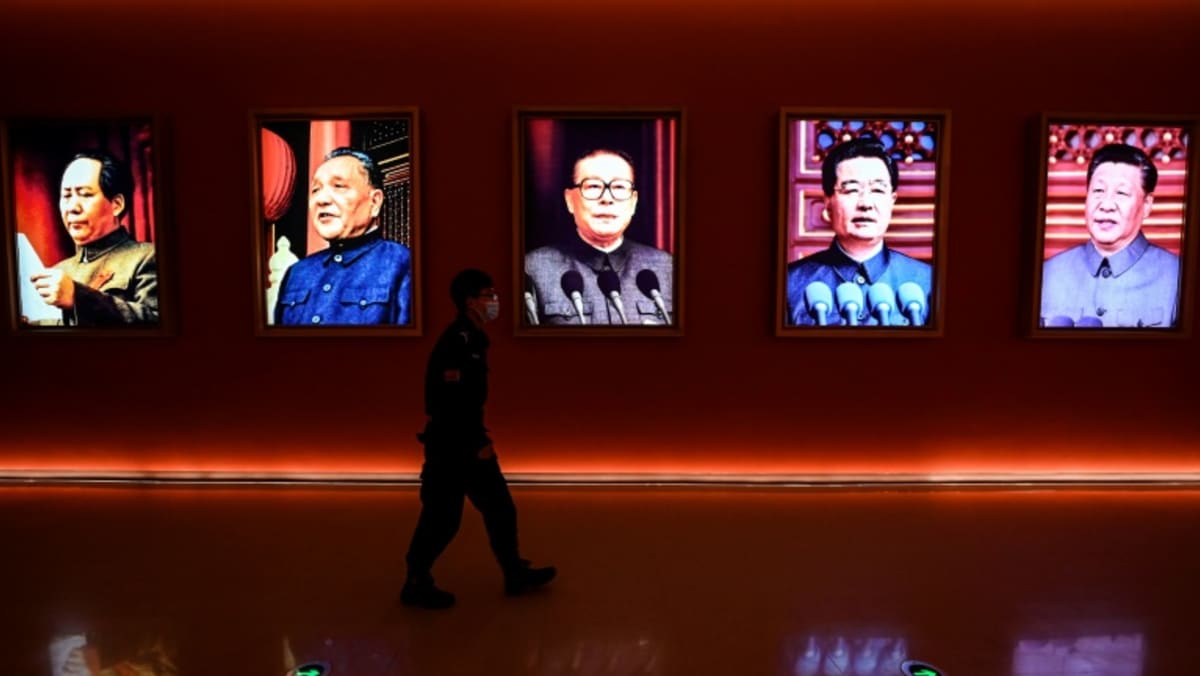Commentary: Jiang Zemin propelled China’s economic rise but also massive inequality for his successors to deal with
Within three years, Jiang embarked on a grand experiment together with Deng and then-vice premier Zhu Rongji, which required Jiang to do what others had been unable or unwilling to do: Force the restructuring of inefficient state-owned enterprises in a wide range of sectors. This resulted in the laying off of millions of workers who had expected such jobs to be lifelong “iron rice bowls.”
From 1998 to 2002, about 34 million people were fired as China privatised hundreds of state-owned enterprises and shuttered thousands more.
This concerted effort proved an important and necessary step toward preparing Chinese companies for more direct market competition and integration with the world economy by the turn of the century.
ASCENDING ON THE WORLD STAGE AFTER DENG XIAOPING’S DEATH
Jiang’s real influence began upon Deng’s death in February 1997.
In July of that year, he presided over the handover of Hong Kong to the mainland. He then proved an able leader during the macroeconomic storm of the Asian financial crisis that began that same month.
China quickly recovered and by 2001 had both acceded to the World Trade Organization and won the bid to host the 2008 Summer Olympic Games. By 2002, China’s economy had grown to represent more than 4 per cent of the global economy.
Jiang sought to reinforce such economic dynamism through more formal means, and revised the constitution that same year to formally allow corporate elite and private business entrepreneurs into the Chinese Communist Party.
For all the latest business News Click Here

